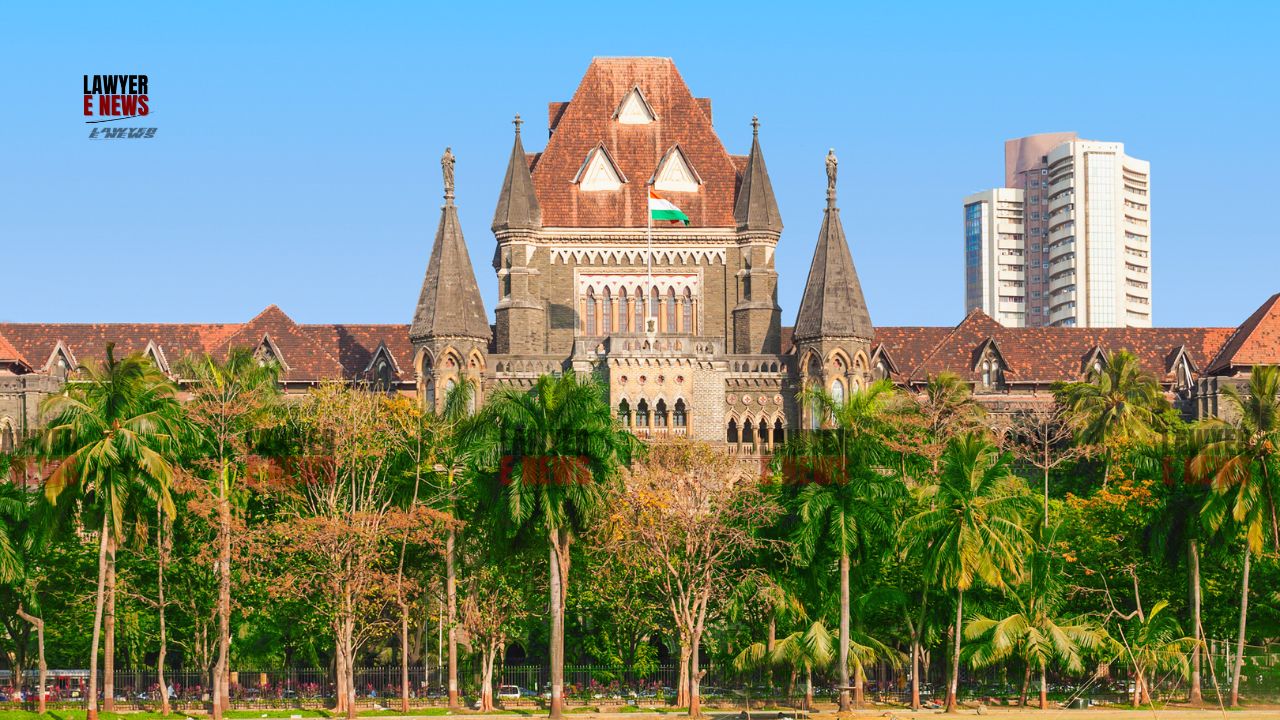-
by Admin
15 February 2026 5:35 AM



Upholds extension of custody and charge-sheet filings under UAPA, validating actions of Additional Sessions Judge. The Bombay High Court has dismissed appeals for default bail by the accused in the Bhima Koregaon case, affirming the validity of the extensions granted for filing charge-sheets and custody beyond 90 days. The judgment emphasized the application of mind by the public prosecutor and upheld the jurisdiction of the Additional Sessions Judge, rejecting claims of jurisdictional incompetence.
The case pertains to the Bhima Koregaon incident, where an FIR was registered on January 8, 2018, at Vishrambaug Police Station, Pune, against the accused under various sections of the Indian Penal Code (IPC) and the Unlawful Activities (Prevention) Act (UAPA). The accused were arrested on June 6, 2018, and subsequent charges under UAPA were added. Extensions for filing the charge-sheet were granted by the Additional Sessions Judge, Pune, which were later contested by the accused on grounds of jurisdictional incompetence.
The court emphasized that the Additional Sessions Judge, despite not being a designated Special Judge under the UAPA, acted within his jurisdiction to extend the custody and filing period due to the absence of any formal notification specifying a Special Judge for these proceedings at that time. The Supreme Court had previously validated this extension on February 13, 2019, restoring the order of the Additional Sessions Judge.
The appellants cited the Supreme Court judgment in Bikramjit Singh v. State of Punjab, arguing that only a designated Special Judge could extend the period under UAPA. However, the High Court distinguished this case from the Bhima Koregaon matter, noting that the Supreme Court’s restoration of the extension order rendered the Additional Sessions Judge’s actions valid.
The High Court extensively discussed the procedural and substantive aspects of default bail under Section 167(2) of the CrPC and Section 43D(2) of the UAPA. It held that the appellants failed to claim their right to default bail before the charge-sheet was filed, thereby forfeiting this right. The court further noted that the initial applications for default bail did not challenge the jurisdiction of the Additional Sessions Judge, weakening the appellants’ current stance.
Justice Shyam C. Chandak observed, “The validity of the order dated 2nd September 2018 has been upheld by the Hon’ble Supreme Court, thereby declining the request of the appellants to grant the relief of default bail.”
The dismissal of the appeals reinforces the procedural robustness and judicial discretion exercised in cases involving serious charges under the UAPA. The judgment underscores the importance of timely applications for default bail and clarifies the jurisdictional authority in the absence of designated Special Judges. This decision is expected to influence future proceedings in similar high-profile cases, emphasizing adherence to procedural timelines and the jurisdictional competence of courts.
Date of Decision: July 26, 2024
Mahesh Raut & Others v. National Investigation Agency & State of Maharashtra
